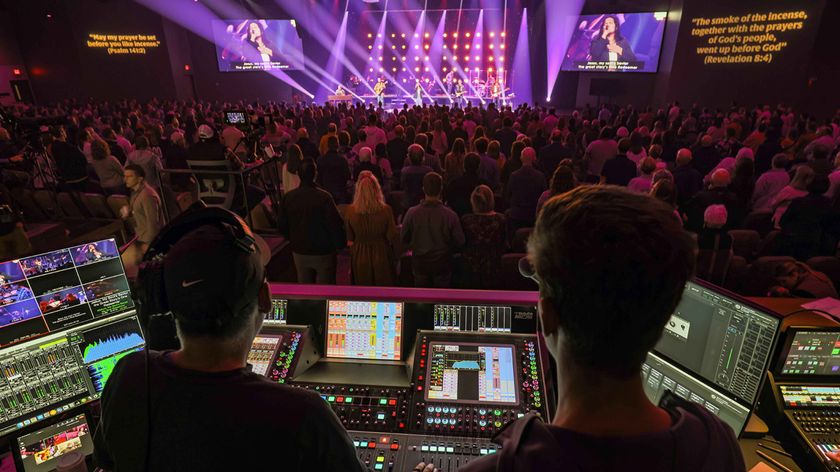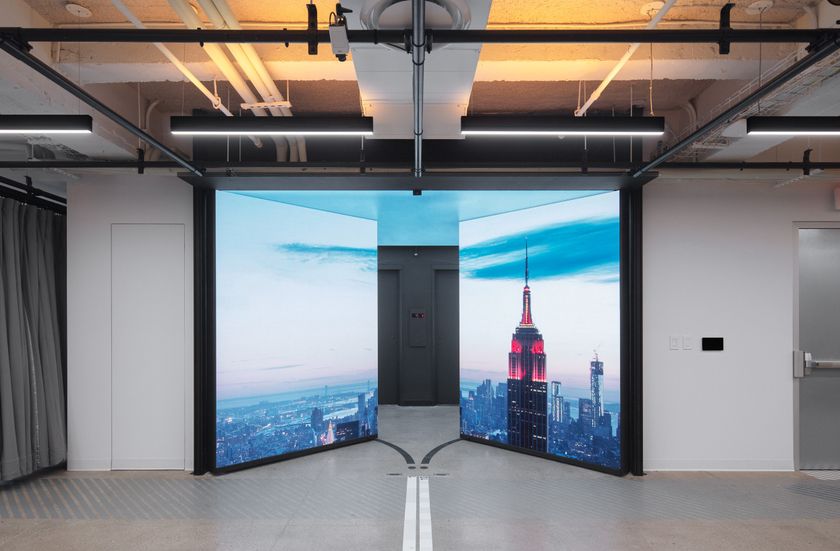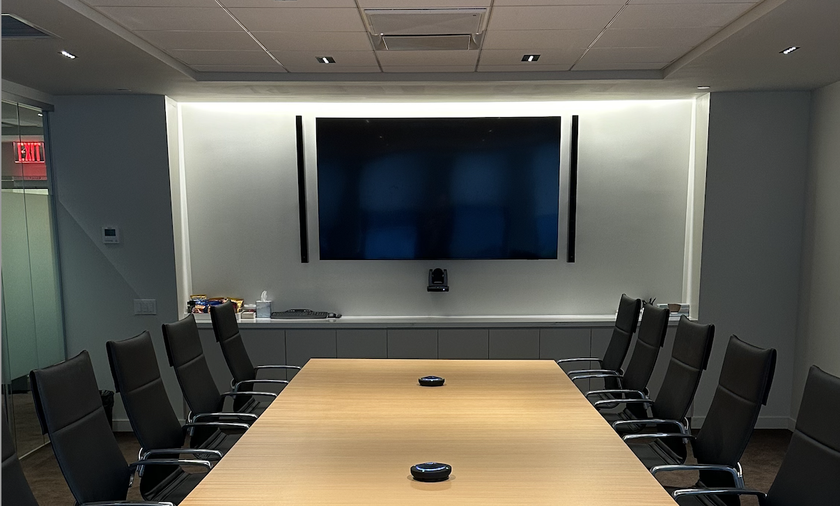- When I was seven years old, my family moved into an apartment across the street from a radio station. Looking out of my new bedroom window, I let the call letters on the side of a little brown building next to a tremendous red and white antenna determine my music source. I'd spend my days listening to a clock radio's mono version of all the latest country songs, knowing that the DJs were mere yards away, keeping the locals company with their voices.
- Radio station buildings aren't always populated by on-air personalities anymore. Usually what we hear all day is determined by some kind of software robot shuffling repeatedly through a list of approximately 10 songs. With a serious dearth of independent music sources available on the airwaves, certain podcasts have become enormously popular among fans of lesser-known sonic niches.
- The fact is, even in an era of information overload made worse by the "blogosphere" of pseudo-pundits publishing their opinions online, people are still comforted by finding their ideas and observations voiced by the media. When I was a kid, I just loved it when one of the DJs across the street would remark on a lightning storm that I was witnessing with my own eyes. Instances such as these make radio one of the most intimate forms of media. Instead of lulling you into a television-induced haze of scripted dialogue, a radio can put a person in the room with you.
- Of course, even as the voices of DJs are fading away and new songs are more often downloaded than discovered on your local FM station, radio remains a powerful promotional tool for selling music. Surprisingly, in at least one musical niche, it's the nostalgia of radio that's helping to sell modern music. In the intentionally obscure world of "indie rock," artists such as The Russian Futurists, Clue to Kalo and countless others are often described as having an "AM radio sound." For these artists and their fans, it's all about that mono transistor radio that their parents had on the kitchen counter. Even shortwave "numbers stations" have gained notoriety as the inspiration for the album title of Wilco's Yankee Hotel Foxtrot.
- So, remarkably, some of today's music fans actually like the AM sound that digital radio and high-definition radio hope to obliterate forever. It's a quest for the more organic side of music fueled by a growing number of recording studios assembled in bedrooms, grain silos and abandoned churches.
- Frankly, in this digital world we could all use a bit more warmth-whether it's in our music or in the way we live our lives. I've always felt that this industry of systems designers and installers has erred on the side of analog in the area of inter-personal relations. Real friendships still exist in this industry, even among competitors. This is why talking to my readers has always been the best part of my job. It is for that reason that I have decided to make the transition to "Editor at Large" for SCN. In my new role, I will be doing more writing, reporting and communicating with the outside world.
- Beginning with our January 2006 issue, Joy Zaccaria will take the helm as Editor. Joy has already made a tremendous difference at the magazine in her role of Managing Editor, and I know you will want to tune in and hear what she has to say far into future. Also moving up in the ranks is Mary Bakija, who will become Managing Editor. Joy, Mary and I still believe in analog, and we hope you will keep talking to us in whatever medium you choose. Our role at the magazine is like the DJs of yesteryear-we try to connect the world at large to your individual lives. Please, feel free to call in and make a request any time.
- -Kirsten Nelson









